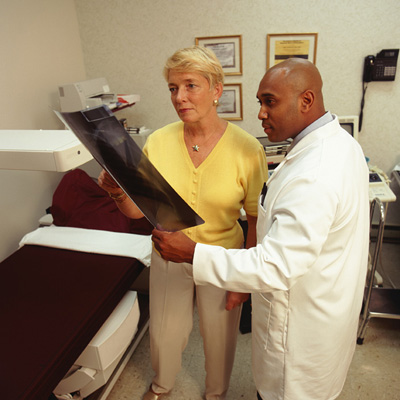How to transition from Personal Injury to Personal Trainer
 A fitness club is an opportunity to stretch yourself. Some members join because of the convenience and others for the amenities. Some join to pursue an exercise plan and others to socialize. But, a quality club also offers the chance to rehabilitate following an injury. That is not something you want to do on your own.
A fitness club is an opportunity to stretch yourself. Some members join because of the convenience and others for the amenities. Some join to pursue an exercise plan and others to socialize. But, a quality club also offers the chance to rehabilitate following an injury. That is not something you want to do on your own.
Listen to your doctor.
If you have suffered an injury at work, at home, or on the road, full rehabilitation usually involves some exercises. If you have any musculoskeletal injury, arthritic, or osteopathic condition, some exercise can relieve symptoms. It is up to your doctor to determine what regimen you should pursue in your condition. But, doing it yourself risks additional injury.
Listen to your brain.
Following the doctor’s orders will certainly help your rehabilitation and/or pain management. It makes very good sense. But, too many patients make a halfhearted effort in a few visits to the local gym. They spend money on membership and new workout clothes, but they lose interest very soon.
Knee injuries, shoulder problems, back pain, hip replacement, broken bones – injuries need time and attention. Pain can be reduced with medications, but the failure to stretch and exercise the affected and connected tissues and joints only prolongs the problem.
Wellness is a state of mind as well as a physical condition. A good mindset positions you to handle upcoming surgery and to recover from recent surgery or injury. But, wellness is also a commitment to personal discipline and a change in lifestyle. It is a hurdle most people need help with.
Listen to your trainer.
Recovery is not for amateurs. Trained, certified, and qualified personal trainers will work with your doctor to create a personal plan. They push you over the motivational and commitment hump, and they stay with you throughout the grind. The professional personal trainer is a coach and monitor who helps you to build strength and mobility without worsening your problem. They work on the area of concern but also help you build strength overall to compensate for physical limitations wrought by the injury, surgery, or condition. And, they motivate you to sustain the activity and live a healthier life.
- A Professional Level Trainer carries training certifications and may have one or more specializations. The Professional Level Trainer is the choice for any generally healthy adult.
- A Premier Level Trainer meets the requirements of the Professional Level, but s/he has also completed certifications in advanced studies, such as medical exercise, post-rehabilitation, and prenatal/postpartum care.
- A Master Level Trainer has years of experience at the other levels but has also completed the highest certifications offered by such programs as the National Academy of Sports Medicine, American College of Sports Medicine, and/or National Strength and Conditioning Association. These trainers are more than qualified to handle most patient needs and to train other trainers.
Listen to your body.
Look for a smart start sort of program, one that begins with an overall assessment of your current condition and doctor’s instructions. That start may lead to a variety of options in cardio development, universal machine circuits, water exercises, yoga, massage, and so on. Qualified personal trainers have the energy and talent to make your workouts fun, focused, and fulfilling. The trainer, like you, wants to leave a personal impact on your future.
If you want to restore your ability to function, you need someone who knows anatomy and bio-mechanics better than you. You need a trainer and facility to heal faster and perform at your best. You need a coach and friend to see you through.





